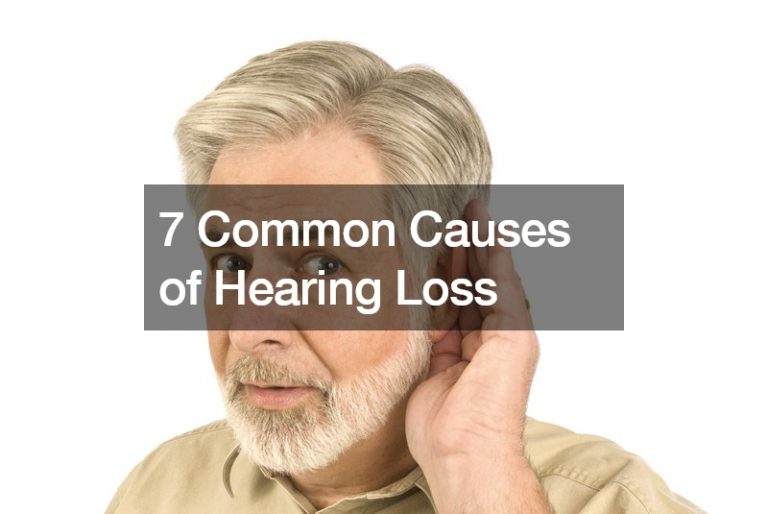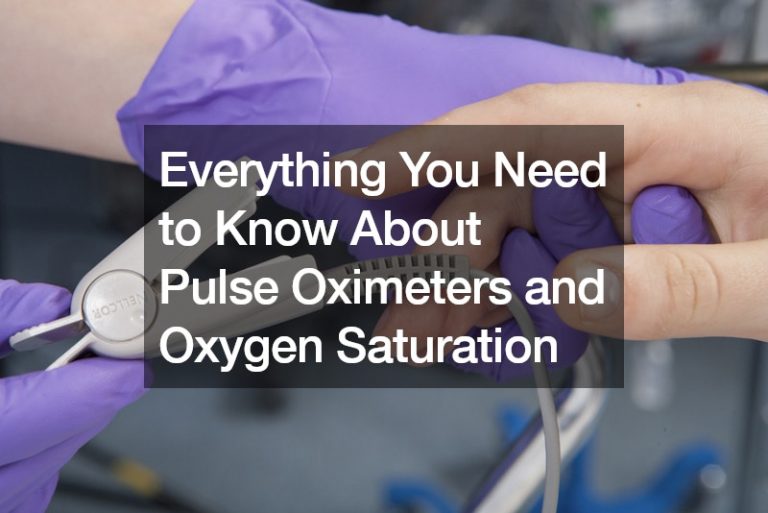In its early stages, prostate cancer has no symptoms or signs. It will surprise you when you’re 50 or 60 and have no idea how you got to the point. Thankfully, technology is making it possible for men to screen for prostate cancer as early as they are 40 years old. It’s one of the most common cancers than men face. There is no reason for any man not to get screened for prostate problems, especially if they have a family history of it.
The general guideline recommends that men start getting screened for prostate cancer when they are 55 years old. However, in some cases, it is advisable for them to get screened once they reach 40. The screening is recommended for men who have at least one first-degree relative who has or had prostate cancer, have at least two relatives who had prostate cancer, and are African-American. The last one, research found, has a higher risk of developing a more aggressive type of this cancer.
Your prostate gland has nothing to do with erection, so that misconception should be debunked right now. It has to do something with your fertility. As you age, the prostate gland gets larger. Although the UroLift procedure is a minimally invasive treatment that treats the enlargement of the prostate, you can avoid going under the knife if you only take care of this aspect of your health.
The PSA Test
PSA stands for prostate-specific antigen. The test will measure how much PSA, a protein, is in your blood. The values that you need to reach depend on your age and several other factors. In general, men in their 40s should and 50s should have a PSA in the range of 0.6 to 0.7 ng/ml. Men in their 60s should have between 1.0 and 1.5 ng/ml.
When is a PSA score abnormal? For men in their 40s and 50s, the abnormal PSA score is greater than 2.5 ng/ml while for those in their 60s, an abnormal test is when the score falls above 4.0 ng/ml. When the score rises in a single year, that is also considered an abnormal test result.
Potential Early Warning Signs
Technically, prostate cancer shows no early warning signs, although you may look out for some symptoms. Chief among these signs are painful urination, frequent urination, difficulty in stopping or starting urination, blood in semen or urine, and erectile dysfunction. When you experience two or more of these, you may want to visit your urologist for an exam.
The signs of prostate cancer are no different from other less serious medical illnesses. Don’t jump the gun when you check two or more of the signs on this list. The truth is that sometimes, men with prostate cancer don’t even exhibit any early signs.

Prevention of Prostate Cancer
Genetics has everything to do with prostate cancer. There are, however, some ways how you can prevent it. You need to follow a healthy diet that is low in carbohydrates. You also need to exercise regularly, manage your weight, and reduce stress.
Instead of indulging in sodium-heavy foods, go for fruits and vegetables instead. Make sure to choose those that are high in antioxidants since these can fight off cancer-causing oxidants. You should also eat more fish and soy, and drink green tea. Since obesity is also a possible trigger of prostate cancer, you should stay away from desserts and other sugary treats.
Prostate Cancer Danger Zone
Men can often live long with prostate cancer as long as it is detected early. That’s why screening for it is very important. Even those who were diagnosed with prostate cancer in the later stages will live for more than five years. Often, men will die from other causes other than their prostate problems.
Screening early for prostate cancer will prevent it from taking over your life in the future. It’s not just prostate cancer. Going to the doctor for your annual check-up will prevent other diseases that may shock you when you’re older. When doctors said prevention is better than cure, they weren’t joking.
Since prostate cancer is a slow-growing cancer, there is a huge opportunity for you to catch it early on. The only thing you have to do is check with your doctor regularly. Medical professionals can help alleviate your fears about the possibility of developing this type of cancer. If anyone in your immediate family has it, the more that you should take that screen test immediately. Being conscious about the way you eat will also give your body the huge boost it needs to fight off cancer cells.






